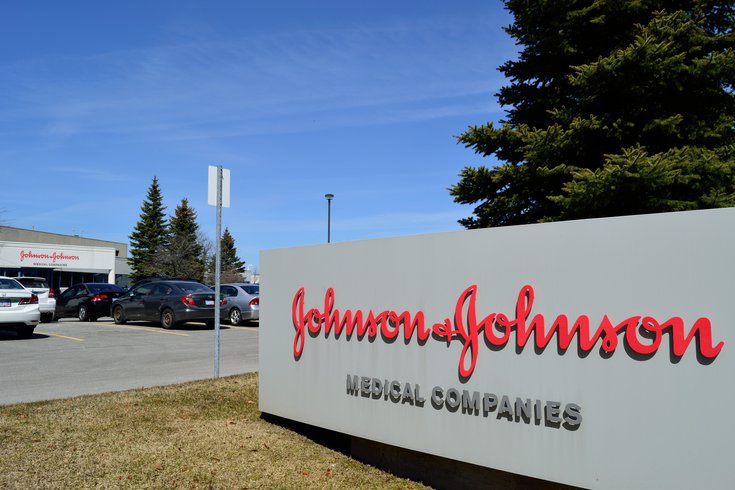
July 15, 2021
 Grid Scheduler/Public Domain via flickr.com
Grid Scheduler/Public Domain via flickr.com
Despite being detected in some samples, benzene is not an ingredient in any of Johnson & Johnson's sunscreen products, the company said.
Johnson & Johnson recalled five Neutrogena and Aveeno aerosol sunscreen products "out of an abundance of caution" after the company found low levels of benzene in some samples.
Benzene is not an ingredient in any of the company's sunscreen products despite being detected in some samples through internal testing, Johnson & Johnson said Wednesday. An investigation into the cause of the issue is underway.
The substance has been identified as a human carcinogen, meaning that it is capable of causing cancer depending upon the level and extent of exposure to the chemical.
Daily exposure to benzene at the levels discovered in the impacted spray sunscreen products would not be expected to cause adverse health reactions, the company said.
Consumers are urged to immediately discard the impacted products and find alternative sunscreens. Distributors and retailers nationwide are being asked to return the recalled products.
The recall covers all can sizes and SPF levels for the following five products:
•Neutrogena Beach Defense aerosol sunscreen
•Neutrogena Cool Dry Sport aerosol sunscreen
•Neutrogena Invisible Daily Defense aerosol sunscreen
•Neutrogena Ultra Sheer aerosol sunscreen
•Aveeno Protect + Refresh aerosol sunscreen
Consumers are urged to contact their physicians if they have experienced any issues related to the recalled sunscreens. Adverse reactions also may be reported to the U.S. Food and Drug Administration.
Johnson & Johnson's recall comes at a time of year when sunscreen is essential to fully enjoying the summer weather. Whether you're by a pool or at a beach, regular daily use of SPF 15 sunscreen can reduce the risk of developing squamous cell carcinoma by roughly 40% and cut melanoma risk in half, according to the Skin Cancer Foundation.
The New Brunswick-based corporation's recall comes just over a year after the company said it would stop selling talc-based Baby Powder in the U.S. and Canada following a number of lawsuits that accused the product of causing cancer.
Follow Pat & PhillyVoice on Twitter: @Pat_Ralph | @thePhillyVoice
Like us on Facebook: PhillyVoice
Add Pat's RSS feed to your feed reader
Have a news tip? Let us know.